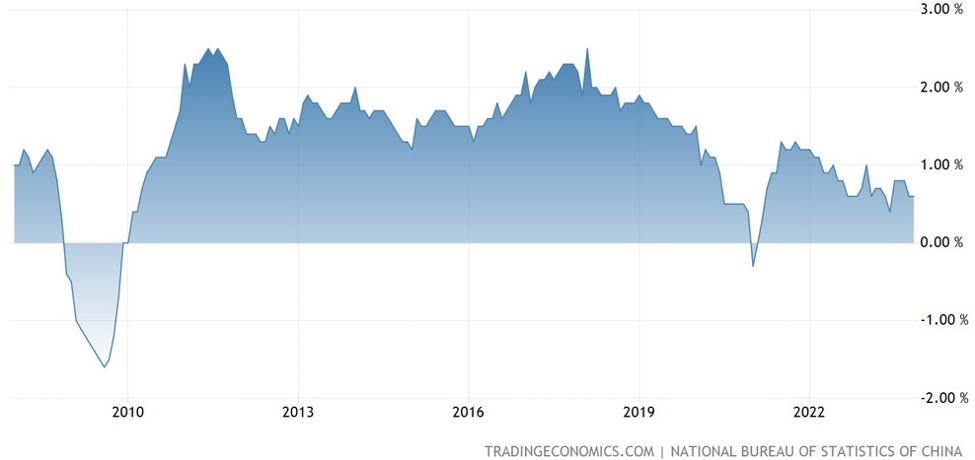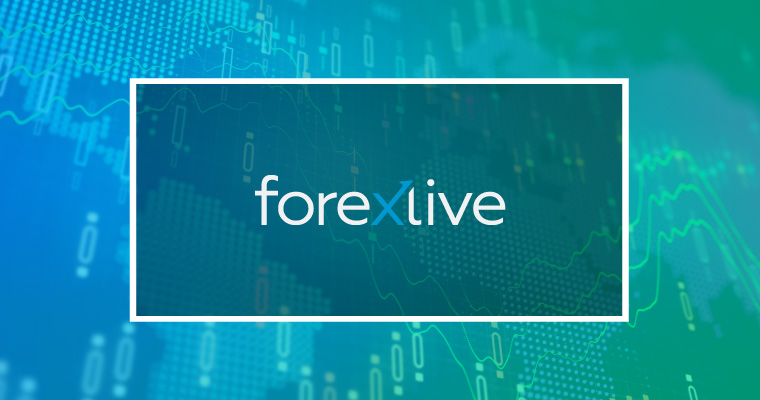European Stock Market Investment Guide: Opportunities Beyond Infrastructure and Defense
Diversification beyond traditional sectors could be valuable
Investors exploring opportunities in Europe have historically gravitated toward sectors benefiting from significant government stimulus, such as infrastructure, defense, and banking. However, given changing market dynamics and currency impacts, diversification beyond these traditional sectors could be valuable.
Here’s a practical Q&A guide to help investors understand how to broaden their European market exposure:
Q1: Why have investors focused heavily on European defense and infrastructure stocks?
European defense and infrastructure sectors have received strong government fiscal support due to heightened geopolitical tensions, particularly following conflicts in Eastern Europe. This stimulus provided increased revenues and profits, making these sectors attractive investment options.
Q2: What is sector concentration risk, and why should investors be cautious?
Sector concentration risk occurs when investors overly allocate to specific sectors, making their portfolios vulnerable if these sectors underperform. While defense and infrastructure have been strong, relying solely on them exposes investors to downturns if government spending reduces or geopolitical dynamics shift.
Q3: What alternative investment strategies can broaden European exposure?
Investors can use “factor-based investing,” targeting broader market segments defined by characteristics such as low volatility, dividend yield, or growth. The low-volatility factor, in particular, has been popular as it includes stable companies across various sectors, reducing exposure to individual industry risks.
Q4: How does a strong Euro currency affect European stocks?
A strong Euro can negatively impact European companies reliant on international revenues. When the Euro appreciates, profits from foreign markets translate into fewer Euros, reducing reported earnings. This makes domestically focused companies potentially safer bets during currency strength periods.
Q5: Should investors shift towards domestically oriented European stocks?
Yes, shifting to domestically oriented companies can help mitigate currency risks since these firms earn revenues primarily within the Eurozone. However, domestically focused stocks often have smaller market capitalization and lower liquidity, meaning they may be harder to buy or sell quickly.
Q6: Which sectors outside infrastructure and defense could offer diversification?
Apart from infrastructure and defense, European investors may consider:
-
Consumer Staples: Stable demand and steady earnings.
-
Healthcare: Consistent demand due to aging populations.
-
Technology and Innovation: Emerging companies benefiting from Europe’s push for digitalization and green energy solutions.
-
Renewable Energy: Supported by substantial government subsidies and Europe’s commitment to green initiatives.
Q7: What practical steps can investors take now to diversify their European holdings?
-
Evaluate portfolio exposure: Check existing allocation to avoid over-concentration.
-
Explore factor-based ETFs or mutual funds: These can provide exposure to multiple sectors simultaneously.
-
Monitor currency trends: Keep an eye on Euro strength and adjust investments toward domestic companies if necessary.
Q8: What’s the outlook for European equities in the upcoming earnings season?
The upcoming earnings season will clarify how much the strong Euro impacts corporate profits, particularly for multinational corporations. Investors should watch closely and adjust positions accordingly, prioritizing companies demonstrating resilience against currency headwinds.
Expand European Stock Exposure for Risk-Managed Growth:
Broadening your European stock market exposure beyond defense and infrastructure can help manage risks and position your portfolio for sustainable growth. Using factor-based strategies, domestic-oriented companies, and diversified sector investments are smart moves for navigating Europe’s dynamic investment landscape.
ForexLive will also be expanding into a new brand called investingLive.com, coming to you by the end of this summer. Stay tuned!
ForexLive.com
is evolving into
investingLive.com, a new destination for intelligent market updates and smarter
decision-making for investors and traders alike.















